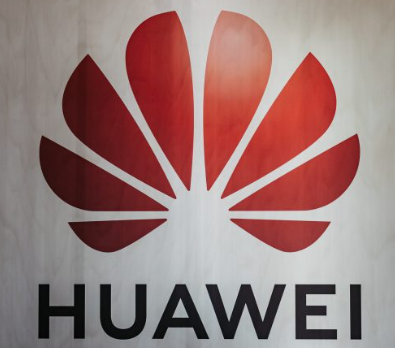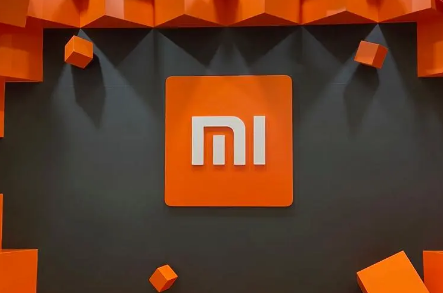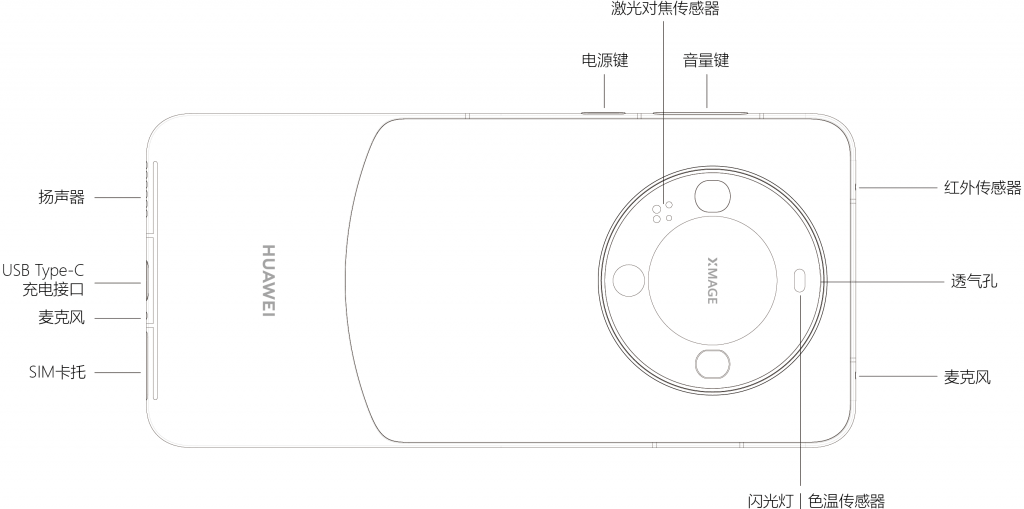- Ameya360 Component Supply Platform >
- Trade news >
- China's Huawei races to beat Apple to release the first next-generation A.I. chip for smartphones
China's Huawei races to beat Apple to release the first next-generation A.I. chip for smartphones
Huawei's Kirin 980 processor on display at the IFA consumer electronics show in Berlin, Germany.
Huawei unveiled its latest artificial intelligence (AI) chipset for its mobile devices on Friday, taking aim at the dominance of chipmakers such as Qualcomm and smartphone players like Appleand Samsung that make their own silicon.
It underlines the ambitions of Huawei and other Chinese firms to wean themselves off American technology, particularly chips.
Huawei took the wraps off its Kirin 980 chipset at the IFA consumer electronics show in Berlin, Germany. It's a so-called seven nanometer processor that the company said would be used in its upcoming Mate 20 flagship smartphone, set to be released in October. If that is the case, Huawei could be the first company in the world to release a seven-nanometer chipset.
Previous generation chipsets have been 10 nanometer, which refers to its size. The smaller seven-nanometer size allows for chips to take up less space in devices. But even though the size has reduced, the power has increased.
Huawei claims its new chip can help a device recognize 4,500 images a minute, more than double the capability of its previous Kirin 970.
"Huawei continues to push the envelope on smartphone chipset design. The move towards seven-nanometer process technology is impressive and the focus on AI starting to deliver dividends," Ben Wood, head of research at CCS Insight, told CNBC by phone ahead of the launch.
Huawei is not the only electronics giant that designs its own chip. Samsung has its own chipset called Exynos, while Apple has the A11 Bionic. While Huawei's seven-nanometer processor will be released in October, Apple is widely expected to introduce the A12 in its next generation of iPhones, set to be announced in September. This will also be a seven-nanometer chip, so could beat Huawei to the punch with the "world's first" moniker, depending on when the Mate 20 and iPhones are actually delivered.
Samsung and Qualcomm are also developing seven-nanometer processors, but these may not be in devices until next year.
The world's-biggest smartphone manufacturers have been focusing on making their own silicon because it allows them to have greater control of their final product. It is one factor behind Huawei's recent success in overtaking Apple as the world's second-largest smartphone player by market share.
For Huawei, the big push into AI chips highlights a desire to remove reliance on American technology companies, particularly Qualcomm. Chinese firms have been trying to boost their prowess in key technologies from 5G to semiconductors, a move that has been accelerated by the current U.S.-China trade war.
"As political tensions escalate between the U.S. and China it is little surprise that big technology players such as Huawei are doubling down on home grown technology," Wood said.
Online messageinquiry
- Week of hot material
- Material in short supply seckilling
| model | brand | Quote |
|---|---|---|
| BD71847AMWV-E2 | ROHM Semiconductor | |
| RB751G-40T2R | ROHM Semiconductor | |
| MC33074DR2G | onsemi | |
| CDZVT2R20B | ROHM Semiconductor | |
| TL431ACLPR | Texas Instruments |
| model | brand | To snap up |
|---|---|---|
| STM32F429IGT6 | STMicroelectronics | |
| ESR03EZPJ151 | ROHM Semiconductor | |
| BP3621 | ROHM Semiconductor | |
| TPS63050YFFR | Texas Instruments | |
| BU33JA2MNVX-CTL | ROHM Semiconductor | |
| IPZ40N04S5L4R8ATMA1 | Infineon Technologies |
- Week of ranking
- Month ranking
Qr code of ameya360 official account
Identify TWO-DIMENSIONAL code, you can pay attention to


Please enter the verification code in the image below:


























